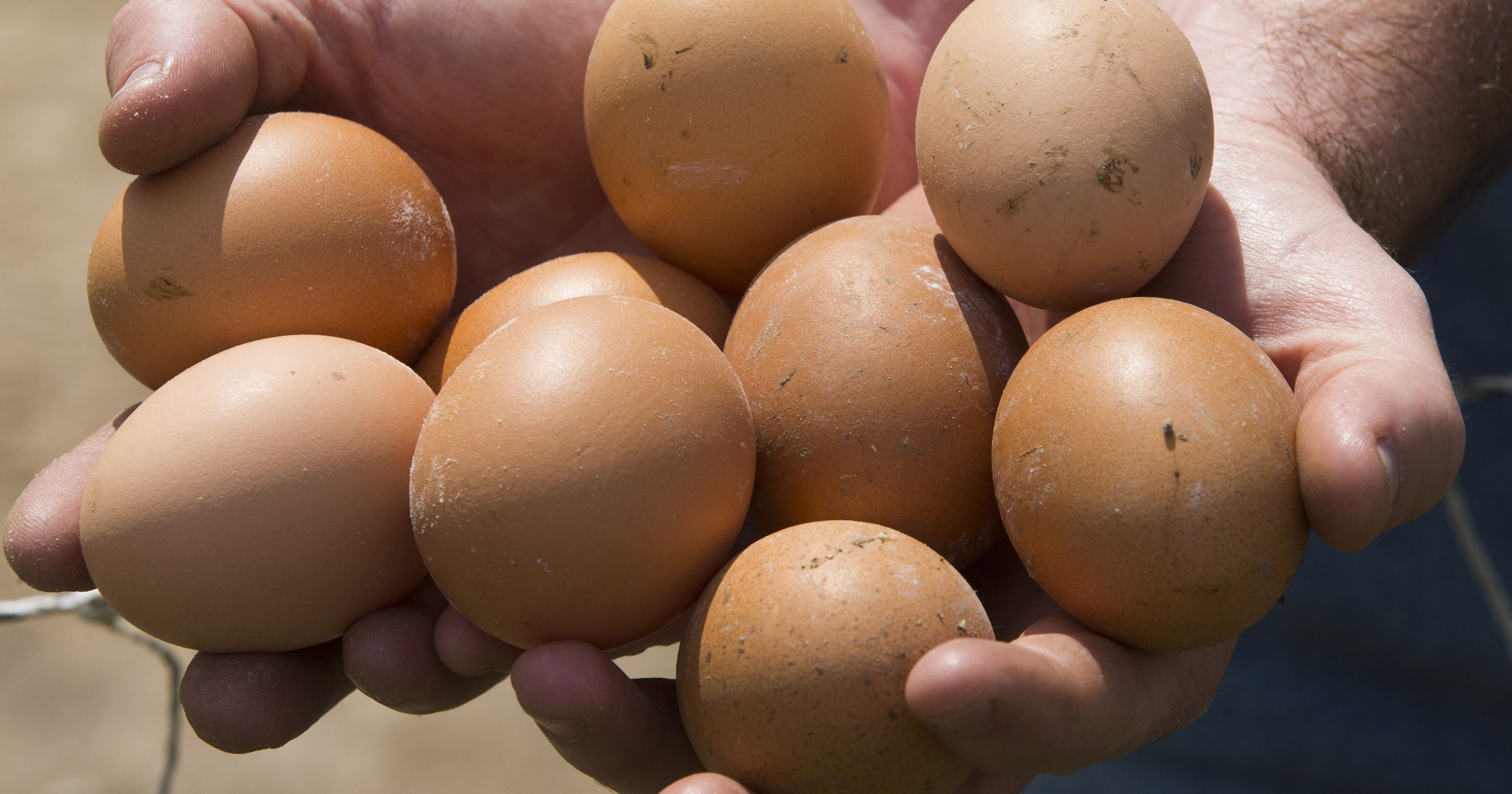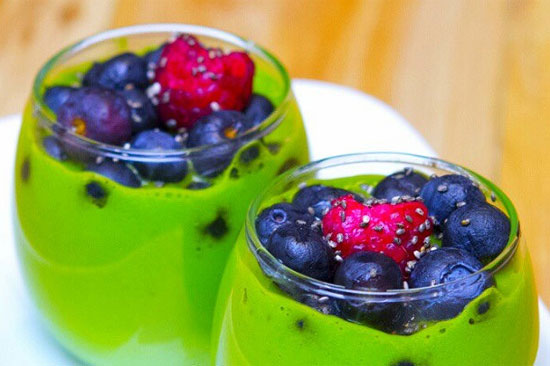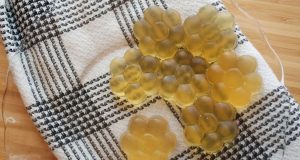Those that made good changes in their diet know that the connection between the food consumption and the way we feel is very realistic.

This can even be confirmed immediately because our mood and feelings depend on what we consume. There is also another relation – how we feel affects what we consume. This tie between feelings and cravings can be a vicious circle, which can lead to chronic stress. A little bit of knowledge about food and the will of feeling better makes it possible to resolve the situation and be happier and healthier.
Carbs, Fats and Proteins
The balance of these three can affect the mood, especially by the regulation of blood sugar level. Carbs are different depending on their origin. Carbs from non-processed foods are the best compared to their opposite. They are the source of sustainable and stable energy. The processed carbs have eliminated the natural components like vitamins and fiber. Consumption of processed fats eventually leads to food cravings and crash of the blood sugar level, thus altering the hormone levels of the body. This can in turn, result in stress, serious food cravings and low energy, making you hungry, cranky and tired.
One Harvard research found out that a large increase of the stress hormones happened after a processed sugary meal, compared to veggie omelet or fruit salad.
This type of foods are not only bad in short term, but also long term. Another study in 2015 discovered that having a diet rich with added sugars and refined grains is associated with a higher risk of depression in women post menopause. The fats in general, mostly omega-3 fats can cause mood changes. The foods rich with these types of fats like fish, beef and leafy green veggies can improve the mood. They are also good in battling inflammation, allowing the body to effectively manage high stress. Furthermore, omega-3 fats are good in helping the brain cells damaged by chronic stress.
The good fats help in maintaining the stability of blood sugar levels and increase the food satisfaction thus balancing the mood.
The quality resources of proteins – eggs, fish, nuts, good meat, yogurt, quinoa and cheese provide our organism with building material crucial for the brain neurotransmitters. One amino acid called tryptophan is necessary for production of the “happy” hormone serotonin. Those affected by depression have low levels of serotonin. Proteins are turned into blood glucose more slowly than carbohydrates, main the great for maintenance of energy levels.
Basically, snacks partially or completely made of refined carbs and sugars need to be avoided. Whole foods providing a balance between carbs, fats and proteins are best.
Meal Ideas
Scrambled eggs and black beans with feta cheese and avocado is great for breakfast. Also, you can have unsweetened yogurt with banana, cinnamon and a hit of peanut butter.
For lunch, have some collard green wrap with tuna salad and vegetables with a side if strawberries.
Have a small baked sweet potato with topping of need chili and a side of salad with olive oil for dinner.
Instead of chips and crackers for snack – have nuts, roasted chickpeas or salmon jerky.
Vitamins
Even though the brain is really light, it consumes 20% of the food energy we take in. Brain cells never stop growing. There are some nutrients that help with this development.
Magnesium stimulates the growth of brain cells and it controls blood sugar offering a relaxing effect. Lack of magnesium can be the cause of depression, restlessness and anxiety. Best sources of magnesium are almonds, pumpkin seeds, black beans, etc.
Vitamin B12 has close reactions to mood and energy, important for maintenance of mass of the brain. All vitamins from B group are necessary in production of dopamine, which is important for feeling of pleasure. B12 is found in animal origin foods and almond milk.
The collection of lots of beneficial bacteria – microbiome, living in our digestive tract can affect the mental health. Probiotics in products like yogurt, sauerkraut and kimchi help in building the microbiome blocking out bad bacteria.
Note: it is best to get our nutrients from natural foods than from supplements.
How you eat and what you eat
Eat with other people whenever you can, experiencing the smell, texture and taste of the food.
Avoiding a meal while being anxious is important. Take deep breaths before the first bite and take time to allow your brain and body to perceive satisfaction from the food.
Skipping the meals is a very bad habit because it can have serious consequences like mental fogginess, low energy and motivation.
Research shows that people that skip breakfast tend to eat more snacks later, causing bad consequences. You can plan ahead to change this habit by packing small and healthy snacks to have available anywhere at any time.



















